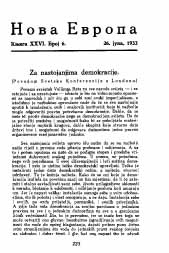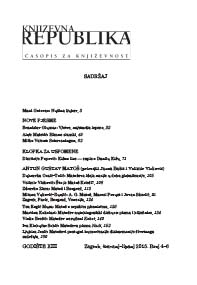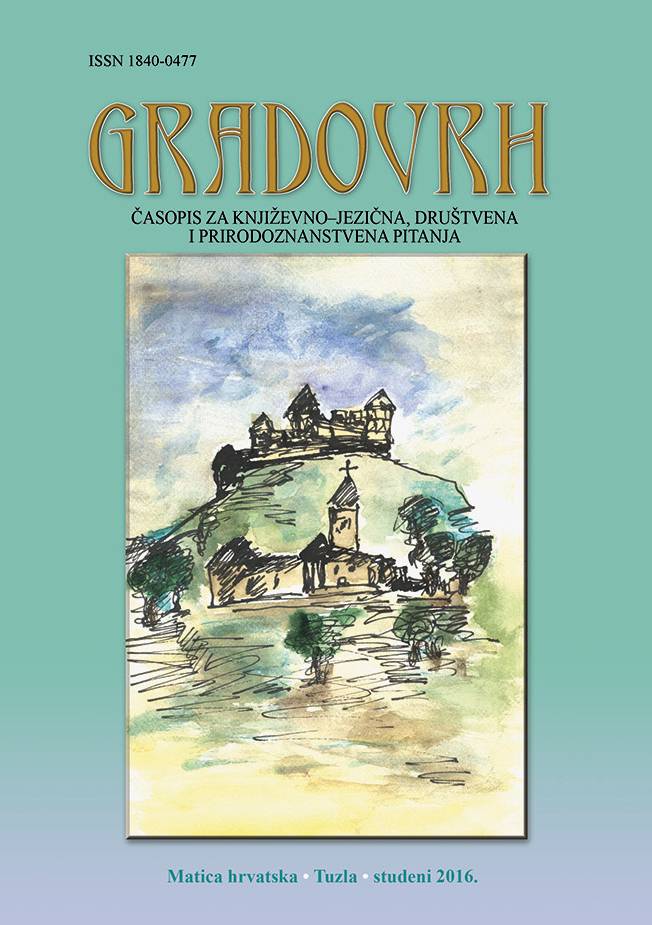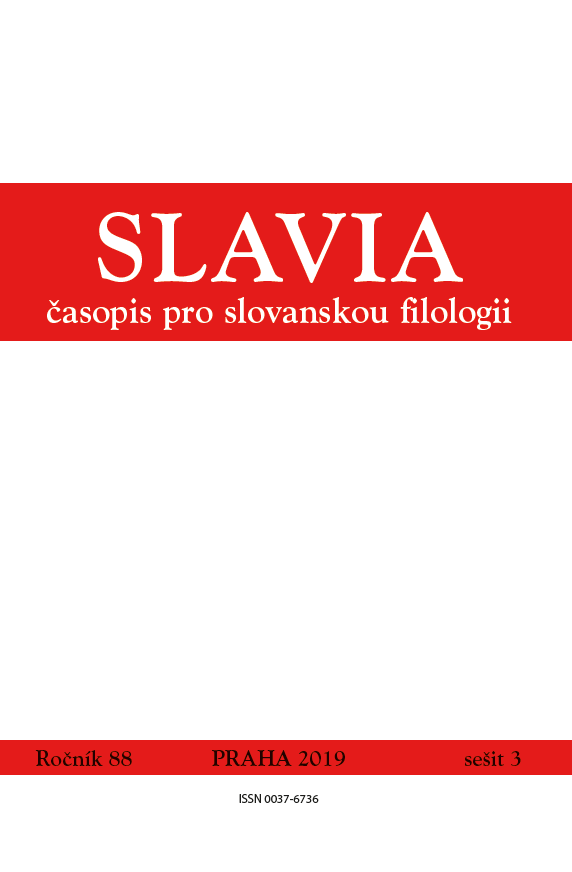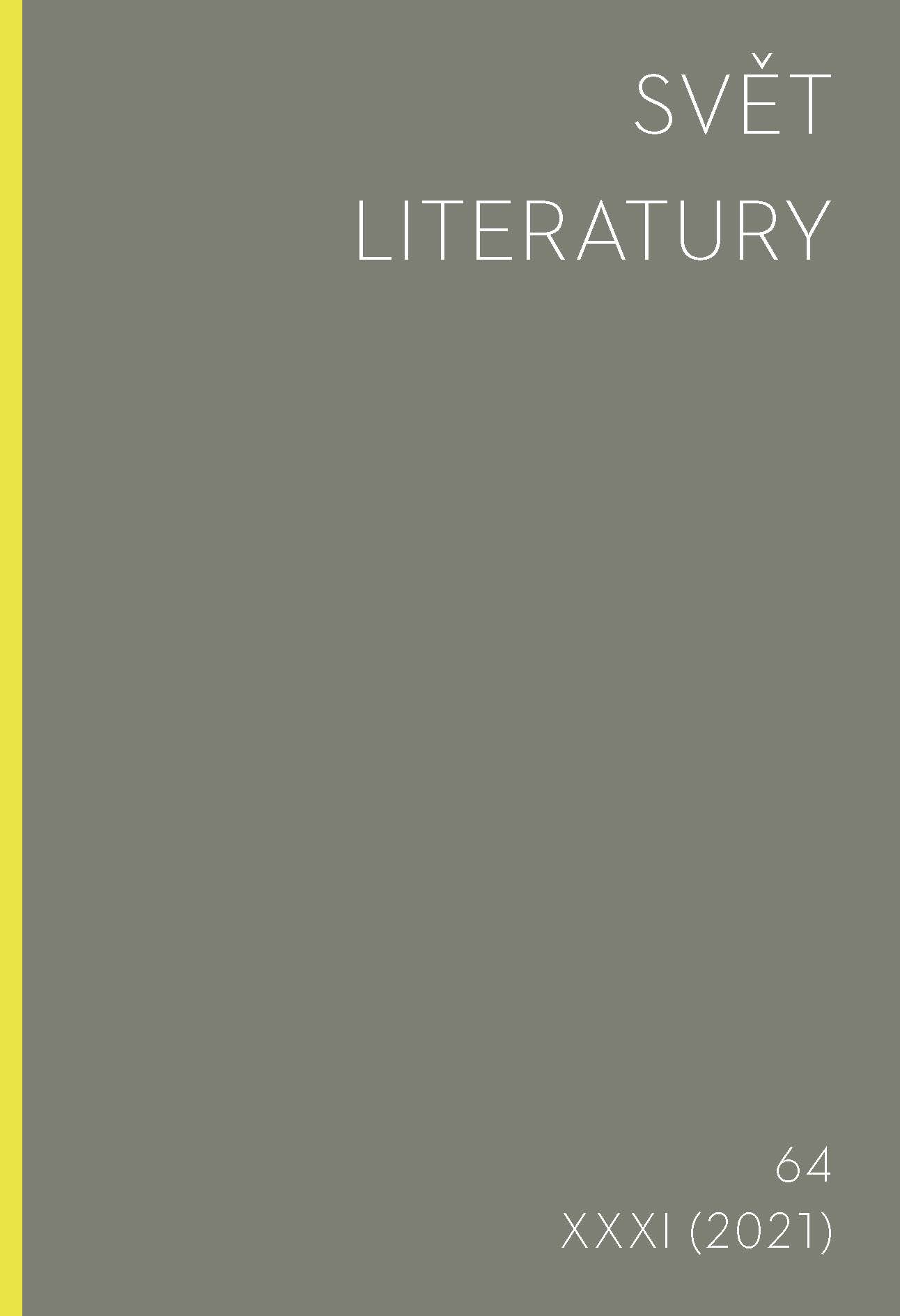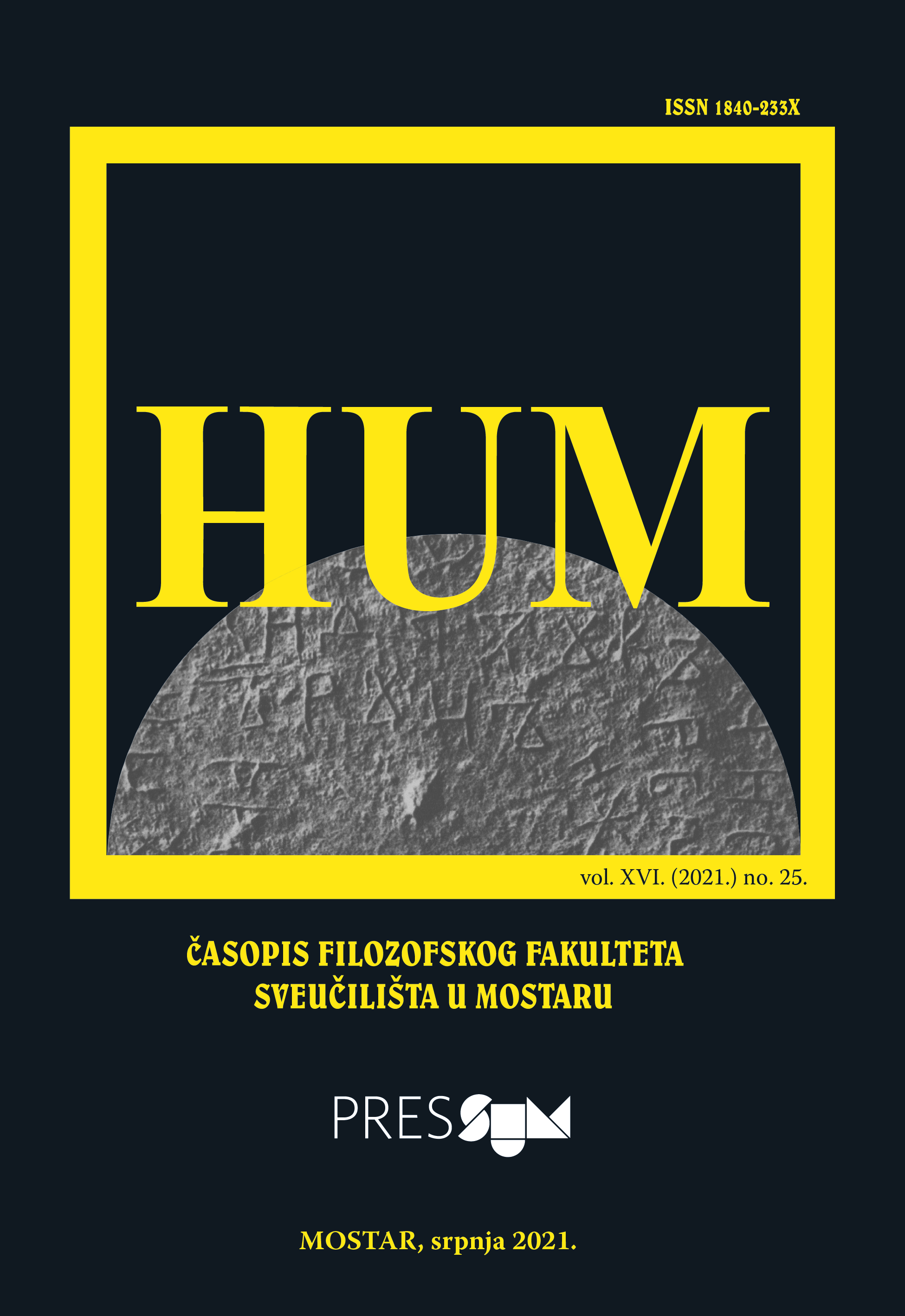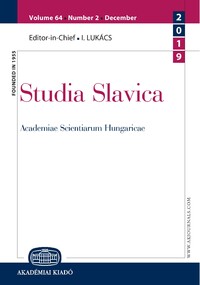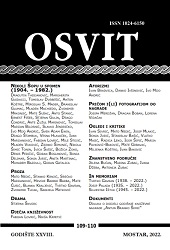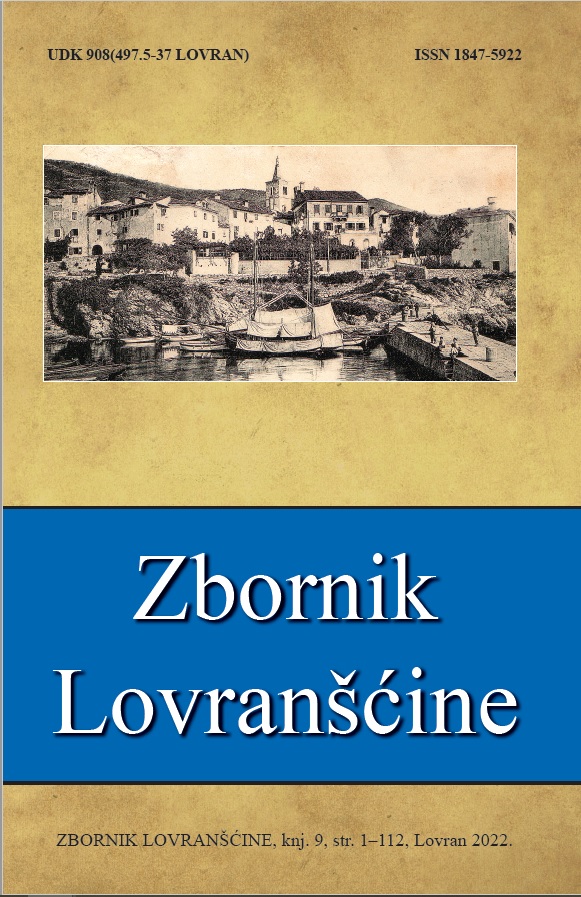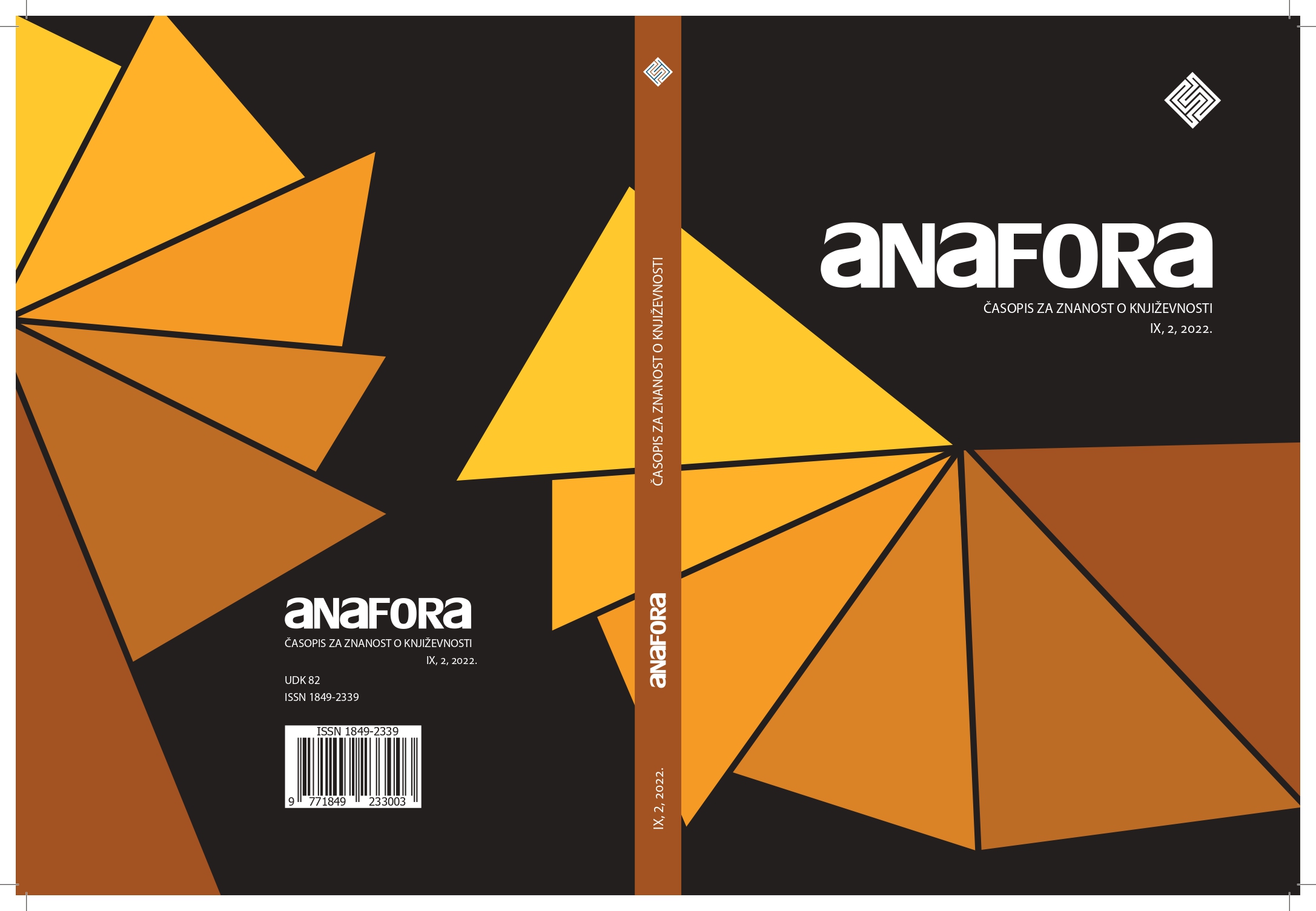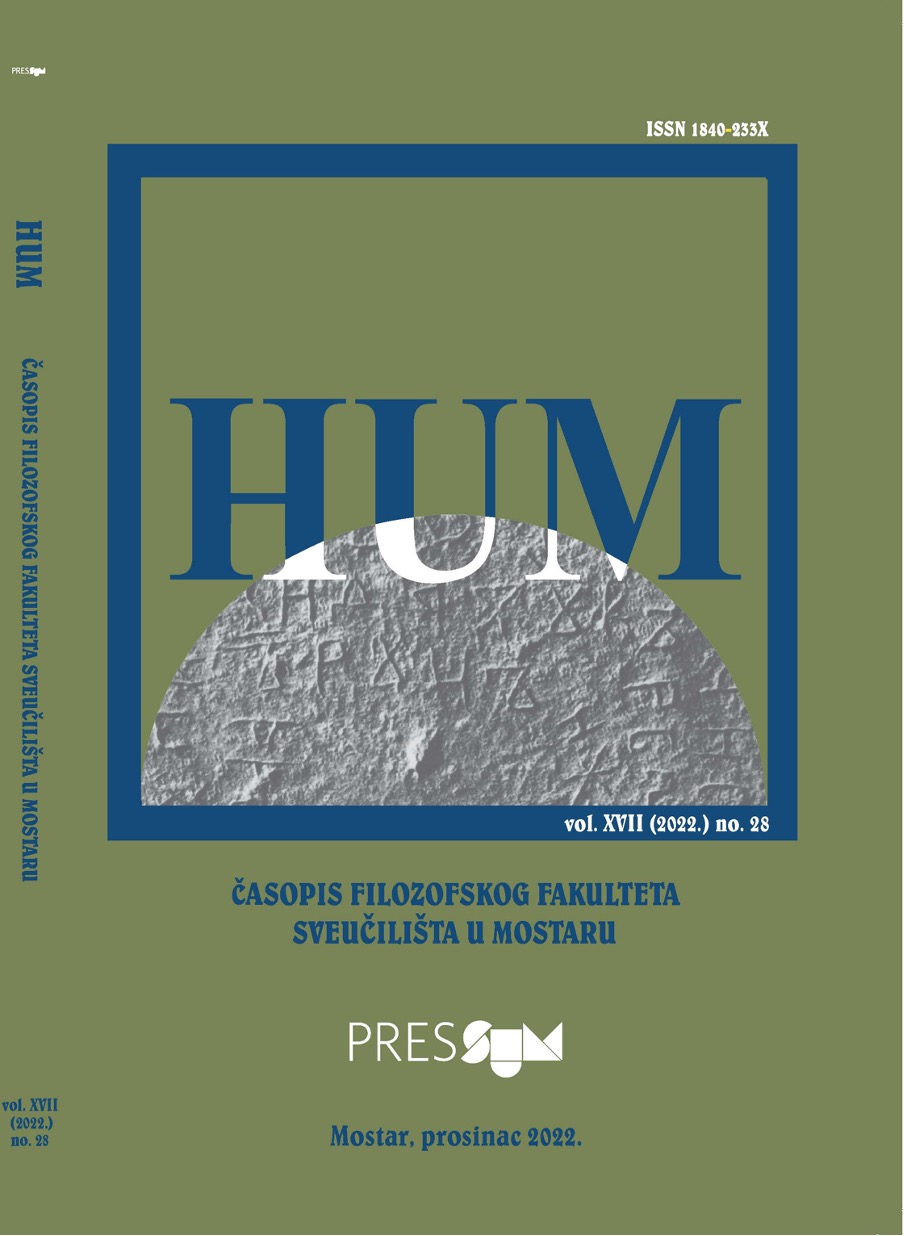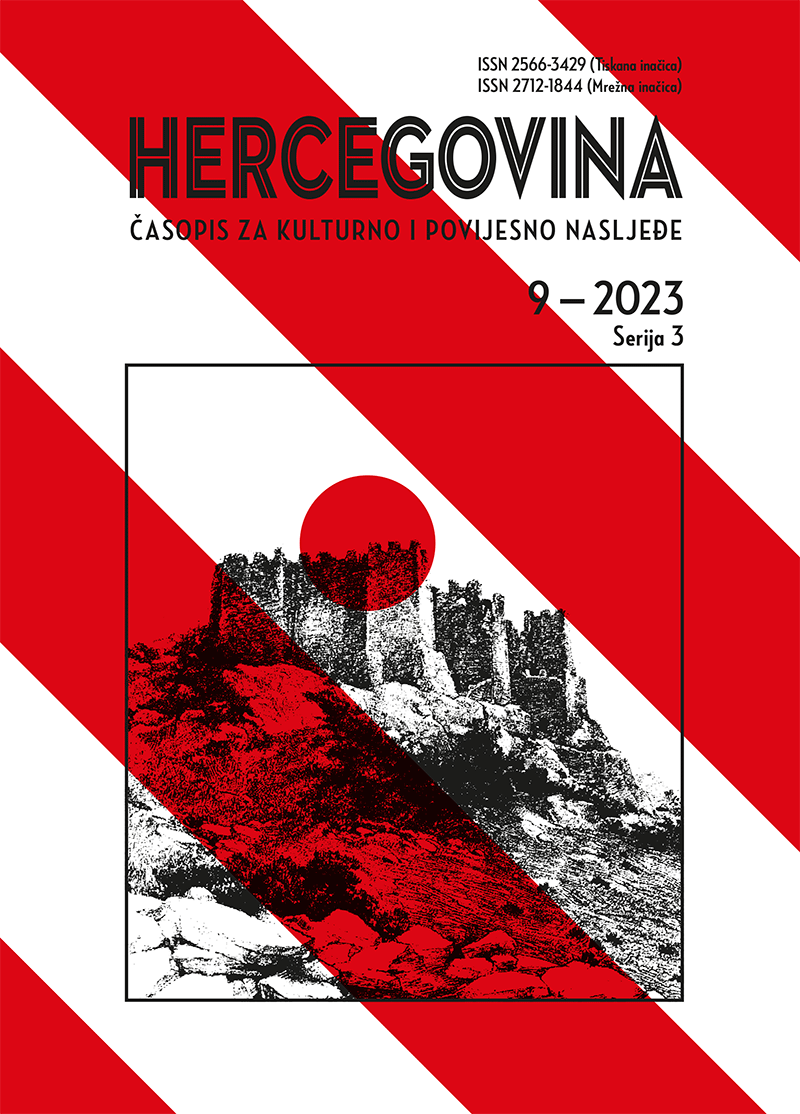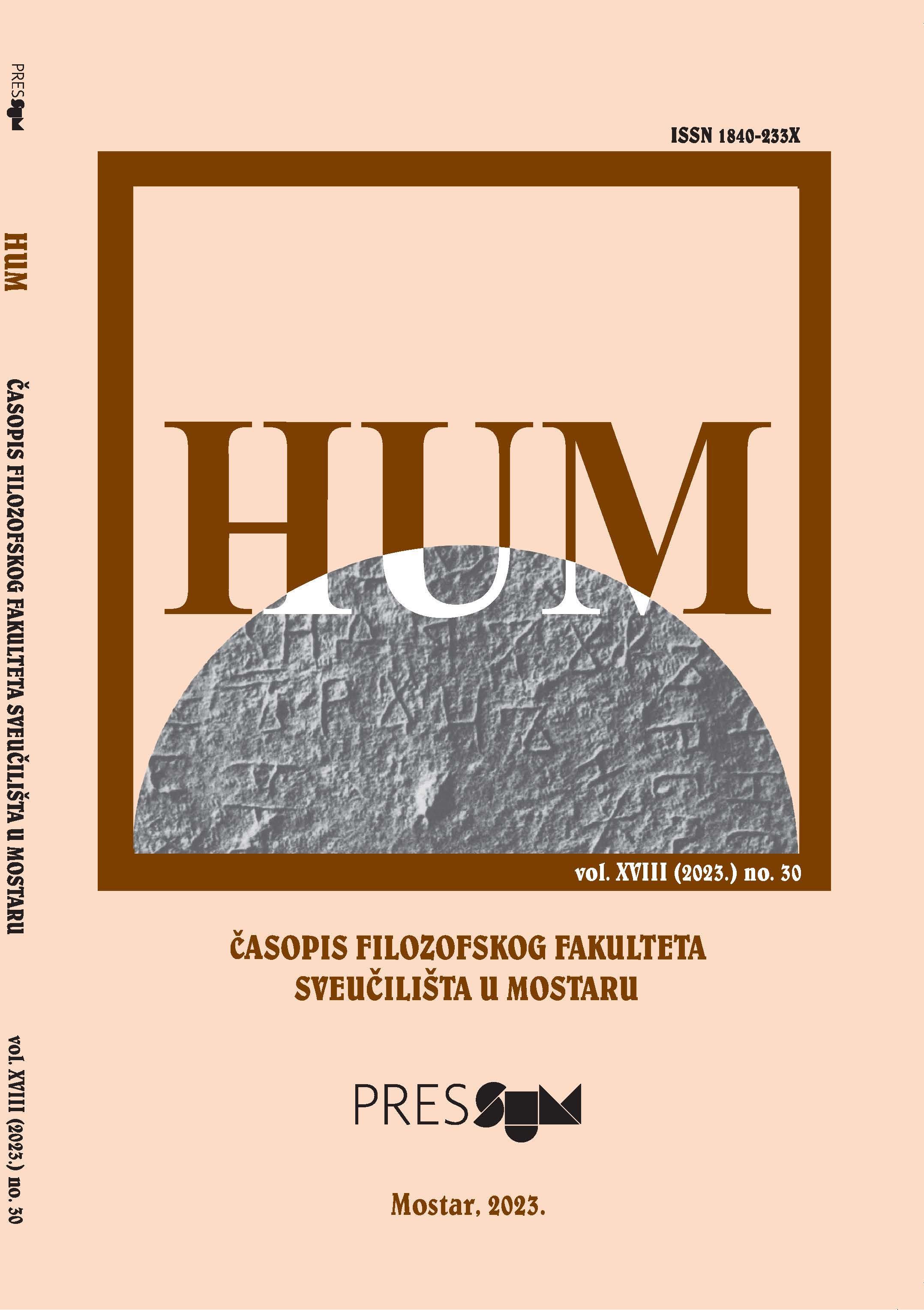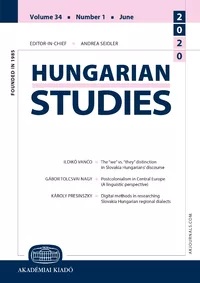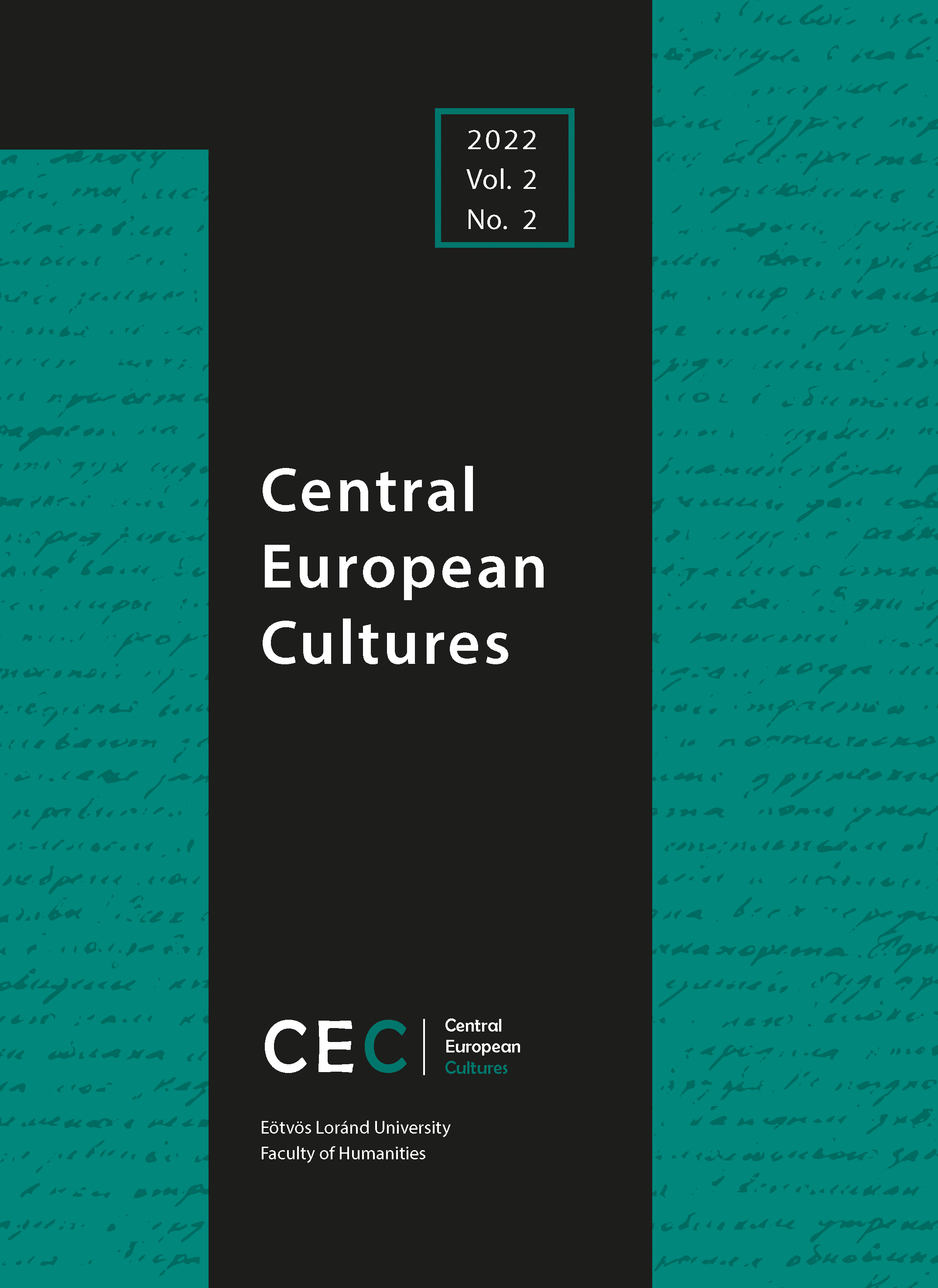Author(s): István Lukács / Language(s): Croatian
Issue: 2/2020
The Croatian Sibila was first published by Ljudevit Ivančan (1906) and then more recently by Zvonimir Bartolić (2007) in a facsimile with a full modern transcribed version of it, including a study and a gloss. There are several shortcomings in the critical editions of the Hungarian and Croatian fortune teller books, such as inaccurate transcriptions, misinterpretations, and omissions. In this study, the author makes an attempt to fill the aforementioned lacunae and resolve the contradictions in the texts published by Zvonimir Bartolić and Géza Orlovszky by carefully comparing certain passages in the Polish, Hungarian, and Croatian fortune teller books. In the present paper, based on the available full Croatian and Polish verses, the author proposes to replace the missing words and expressions in the given verse of the Hungarian version of Fortuna. He also interprets and corrects words that are not interpreted or misinterpreted in the Hungarian and Croatian critical editions, and finally tries to find an explanation for the differences between the Hungarian and Croatian texts using several interesting examples. In a separate chapter, the author deals with the somewhat inconsistent poetic text of the Croatian Sibila, and discusses in more detail the highly accurate, twice-rhyming, halved twelve separate text written Siromahom i.e. ‘For the Poor’. Although it is now believed in Croatian literary studies that Sibila is not the work of one but of several translators (it is a known fact that there were many copyists working at the court of the Zrinski family in Čakovec), no one has proved this. After an accurate comparison of the Hungarian and Croatian fortune teller books, it is quite apparent that the above statement is true, as the author’s analysis revealed that, for example, one translator knew the obsolete meaning of a given Hungarian word accurately (‘cattle’ in the sense of property), whilst the other did not, as it is missing from his translation. This is also supported by the uneven wording of the verses, which is particularly striking in the case of the poetic text of the extremely demanding dedication entitled Siromahom.
More...
